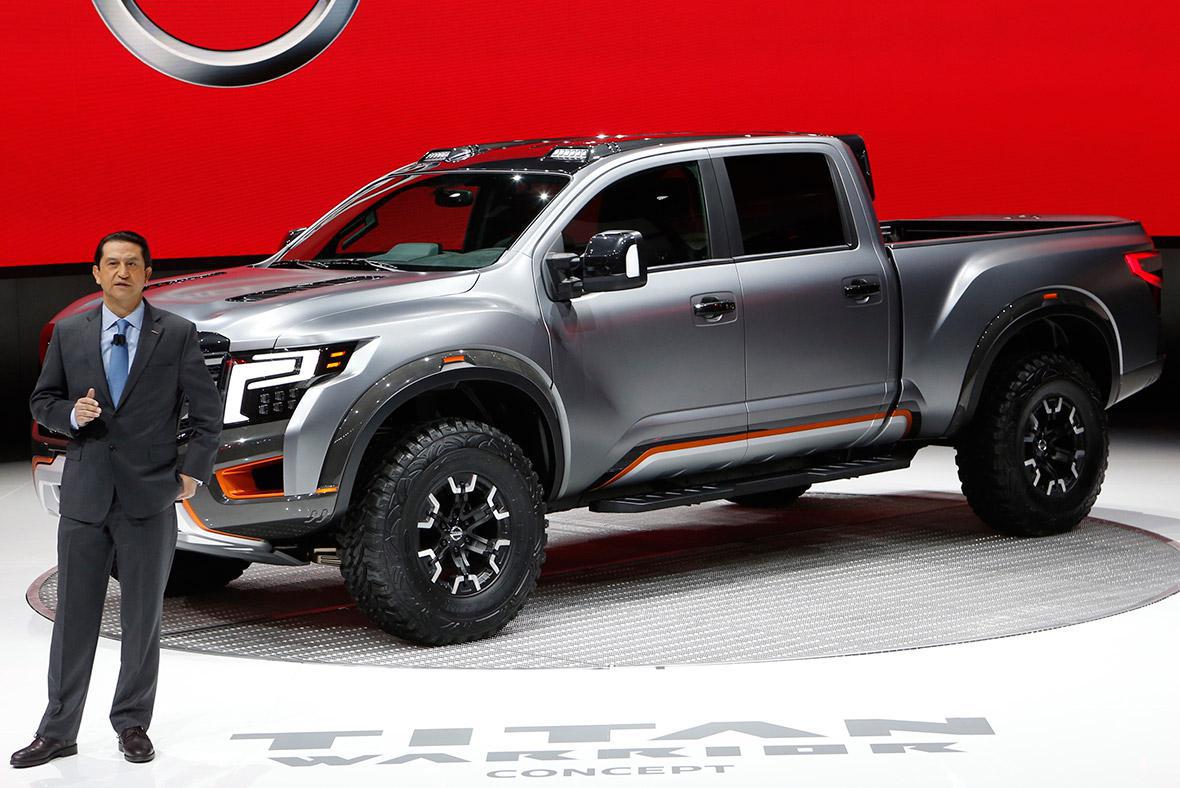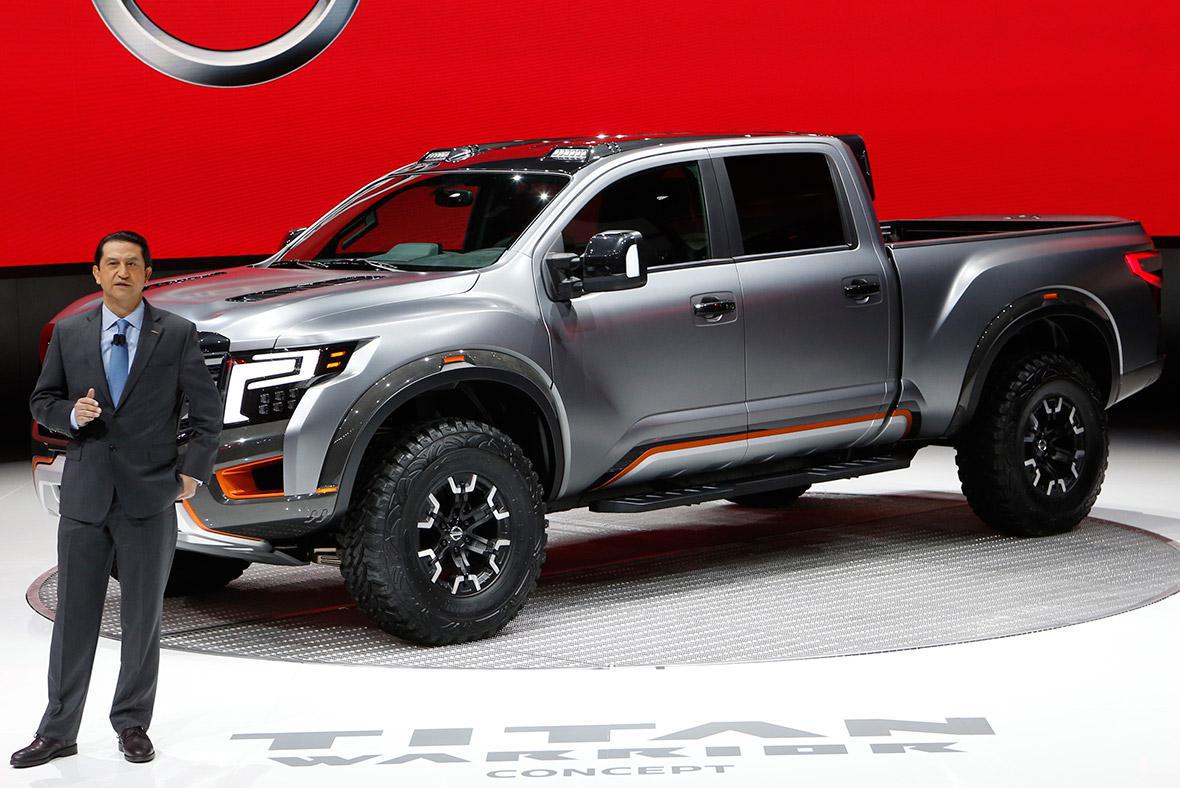
Hacked Jeep sends warning to Germany’s luxury car trio
Jeep’s hacked Cherokee is serving as a warning for German automakers, such as BMW, which recently introduced a tech-laden seven Series sedan.
As Audi, BMW and Mercedes-Benz increasingly concentrate on technology, cars are becoming more susceptible to being hacked
When hackers landed a Jeep Cherokee in a ditch last week, it sent a warning to BMW, Audi and Mercedes-Benz as the German luxury-car trio rival increasingly on technology rather than just horsepower.
Local Pricing & Incentives
- 2018
- 2017
- 2016
See what your neighbours are paying
Mercedes’s E-Class will soon be able to help steer itself, Audi sent an unmanned RS7 down a track at race-car speeds and BMW’s fresh 7-Series responds to forearm gestures. All three already suggest self-braking systems and very automated cruise control that are leisurely shifting driving responsibility away from the human and toward the machine.
Now the manufacturers must reassure consumers willing to spend upwards of $50,000 that it’s safe to drive what has increasingly become a computer on wheels. All three carmakers say they have contraptions in place to thwart cyber-attacks, including encrypted connections and siloed safety and entertainment systems. Still, today’s cars are so sophisticated that more hacks may be unavoidable, said Rainer Scholz, a Hamburg-based executive director for telematics and mobility at consulting company EY.
“The difficulty for the carmakers at the moment is the question whether they can keep rhythm with advances in technology, and especially hacking technology,” Scholz said. “We earnestly doubt they can.”
Carmakers presently tend to concentrate on systems security after the final product has been built, to then patch crevices, Scholz said. And hackers no longer need access to an entire car – which in the past might have required buying one – in order to seek out vulnerabilities, he said. Just having access to one component, such as an entertainment console, might suffice.
The number of potential targets is growing. By 2020, about ninety percent of fresh vehicles in western Europe will be connected to the Internet, compared with about one-third next year, according to Hitachi Ltd.
Cars are more vulnerable when networks connect all their features together, according to an automotive team from NXP Semiconductors NV, an Eindhoven, Netherlands-based supplier for the auto as well as computer industries. That’s what happened in the Jeep hack, when a pair of researchers took control through the vehicle’s entertainment system.
The team that hijacked the Jeep collective their results with Fiat Chrysler, which recalled 1.Four million vehicles to fix the security flaw they’d exploited. The company said it’s not aware of any real-world unauthorized remote hack into any of its vehicles.
Cars are increasingly evolving into full-service mobile devices that can find restaurants, make emergency calls and even park themselves. For drivers, these perks have meant letting go of more authority, and more individual data.
Daimler, BMW and Audi said they separate different vehicle domains – walling off the radio from the brakes, so to speak – with firewalls and extra features such as public-key- cryptography and virus scanners.
“Absolute, one hundred per cent safety isn’t possible,” said Benjamin Oberkersch, a spokesman for Mercedes’s Stuttgart, Germany-based parent Daimler AG. “But we develop our systems, tested by internal and outward experts, so they’re up to date.”
While hacks of German cars have fallen brief of the stunt to which the Jeep was exposed, BMW, the maker of the carbon- bodied, electric-engined i8 sports car, had to fix a security flaw in one of its digital-services systems this year.
A examine by German auto club ADAC found hackers could wirelessly open BMW, Mini and Rolls-Royce vehicles in minutes. About Two.Two million vehicles tooled with BMW’s ConnectedDrive service were vulnerable. The Munich-based company closed the security gap with an automatic system upgrade that took place when vehicles connects to BMW’s server.
Manufacturers will need to take systems security for connected vehicles into account from the very beginning, said Cypselus von Frankenberg, a spokesman for BMW.
“Carmakers and their suppliers will be spending a lot more effort on defining security architectures in the future,” said Lars Reger, chief technology officer at NXP’s auto unit.

